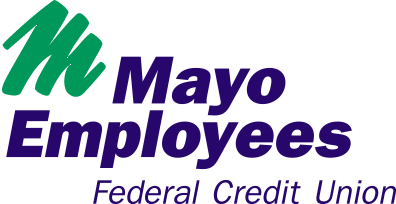
If you’re one of 43 million Americans with federal student loan debt, you’re probably aware of the Coronavirus Aid, Relief, and Economic Security Act (CARES Act) which put many payments on hold over the last six months.
With the CARES Act forbearance expiring at the end of September, and new executive orders set to kick in, you might have a few questions about what this means for paying back your federally-held student loans.
Here’s what you need to know:
What Will Change at the End of September?
In March, the Secretary of Education directed the office of Federal Student Loans to suspend loan payments, stop collections on defaulted loans and set interest rates on student loans to 0%. That relief goes through September 30, 2020.
At the beginning of August, President Donald Trump directed the Secretary to continue relief measures through the end of the year.
What this means for you:
- You don’t have to make payments on your federal student loans through the rest of the year (but that doesn’t mean you shouldn’t. We’ll explain that in a second)
- Your loans aren’t accruing any interest through the rest of the year
- If any of your loans defaulted before the administrative forbearance kicked in, the federal government won’t be collecting from your income through December 31st
Note: If your loans were in a grace period and you were supposed to start making payments sometime after March 13th, you will receive administrative forbearance through the end of the year, and your loans will remain at a 0% interest rate.
Should I Still Make Payments?
If you can, YES! Even if your loans are in an administrative forbearance, it is still money that you owe and will eventually have to pay back.
Plus, if you pay toward your student loans during the 0% interest period, all of your money is going toward the principal of the loans. That means you’re not paying anything in interest, and knocking that total balance down even faster.
Of course, if the COVID-19 pandemic has negatively impacted your financial situation, and you need to take advantage of this relief period, that’s okay! That’s what it’s there for.
But if you can afford to make payments right now (even if they’re smaller than usual), it will only help you out in the long run.
What if the Public Service Loan Forgiveness (PSLF) Program is Part of My Repayment Strategy? Does the Administrative Forbearance Count Toward My 120 Payments?
The Federal Student Aid website says as long as you have a Direct Loan and are working full-time for a qualifying employer during the relief period, you will receive credit toward PSLF, even if you aren’t making on-time monthly payments.
That means any payments you were supposed to make between March 13th and September 30th of this year should count toward your 120 on-time payments, even if you didn’t pay them. As far as any payments between October 1st and December 31st go, President Trump’s executive order to extend relief doesn’t address PSLF. More information could be coming soon, but until that’s clarified, it’s probably best to plan on starting payments again to count toward your 120.
Note: Even though you don’t need to be making these payments to count toward PSLF, you will still want to stay on top of your paperwork. Don’t forget to submit the Employment Certification Form every year and recertify your income-based repayment plan when the time comes!
What’s Next?
As we continue to navigate the COVID-19 pandemic and the legislation that comes with it, it’s important to stay up to date on any changes that may come and impact your repayment plan. The Department of Education periodically updates its website which is a good resource for staying on top of any developments.
How We Can Help
If you have questions about paying back your student loans, or how to manage your financial situation during this uncertain time, we’re here to help.
Our Credit Counselor Tai Kraft is more than happy to sit down and sort it all out with you, at no cost. Email her at kraft.tai@mayo.edu or call (507) 293-8027 to set up an appointment today.
* The federal relief only applies to federally-serviced loans. If you have questions about paying private student loans serviced through us, please contact us at (800) 535-2129.
